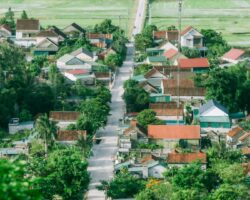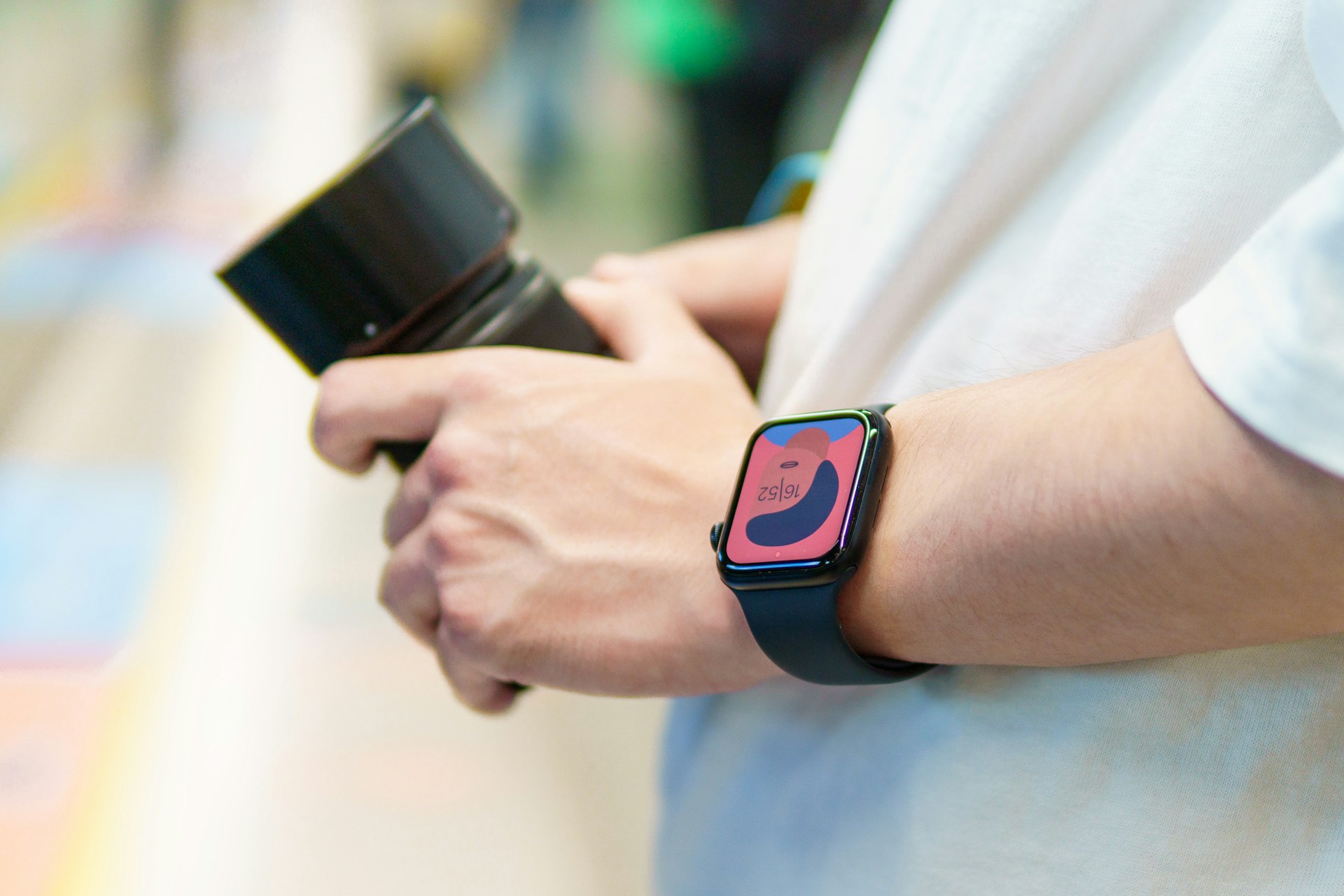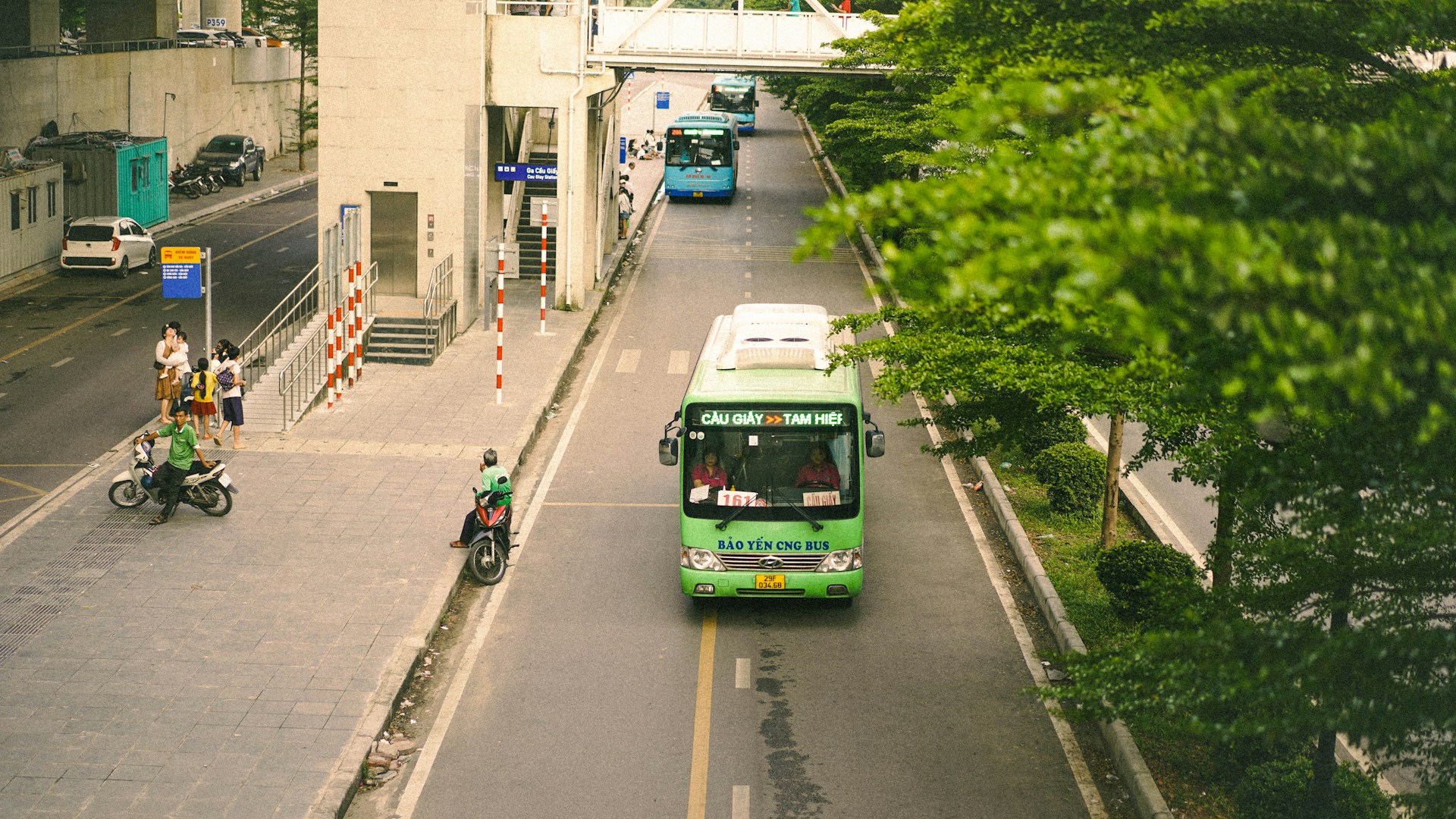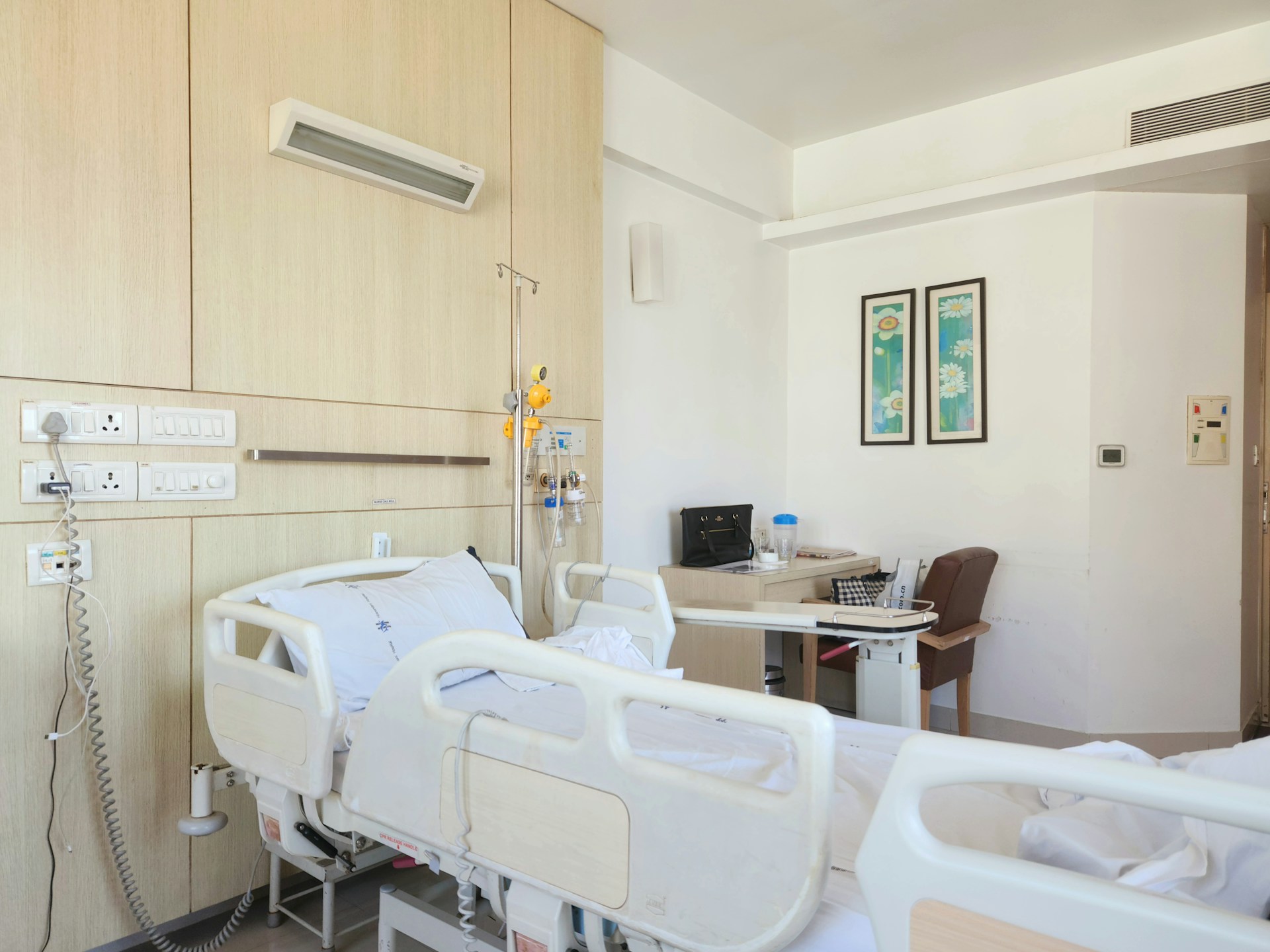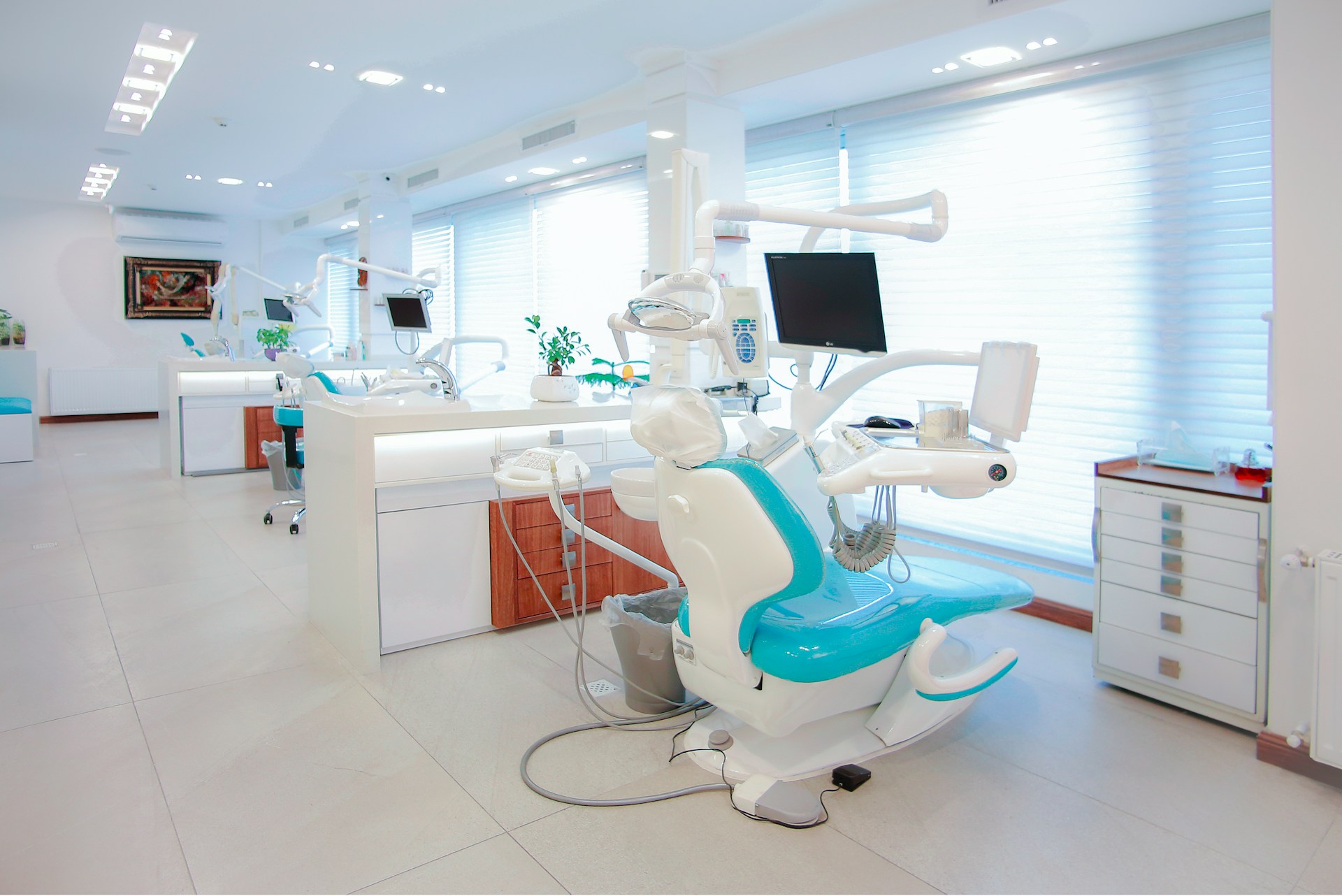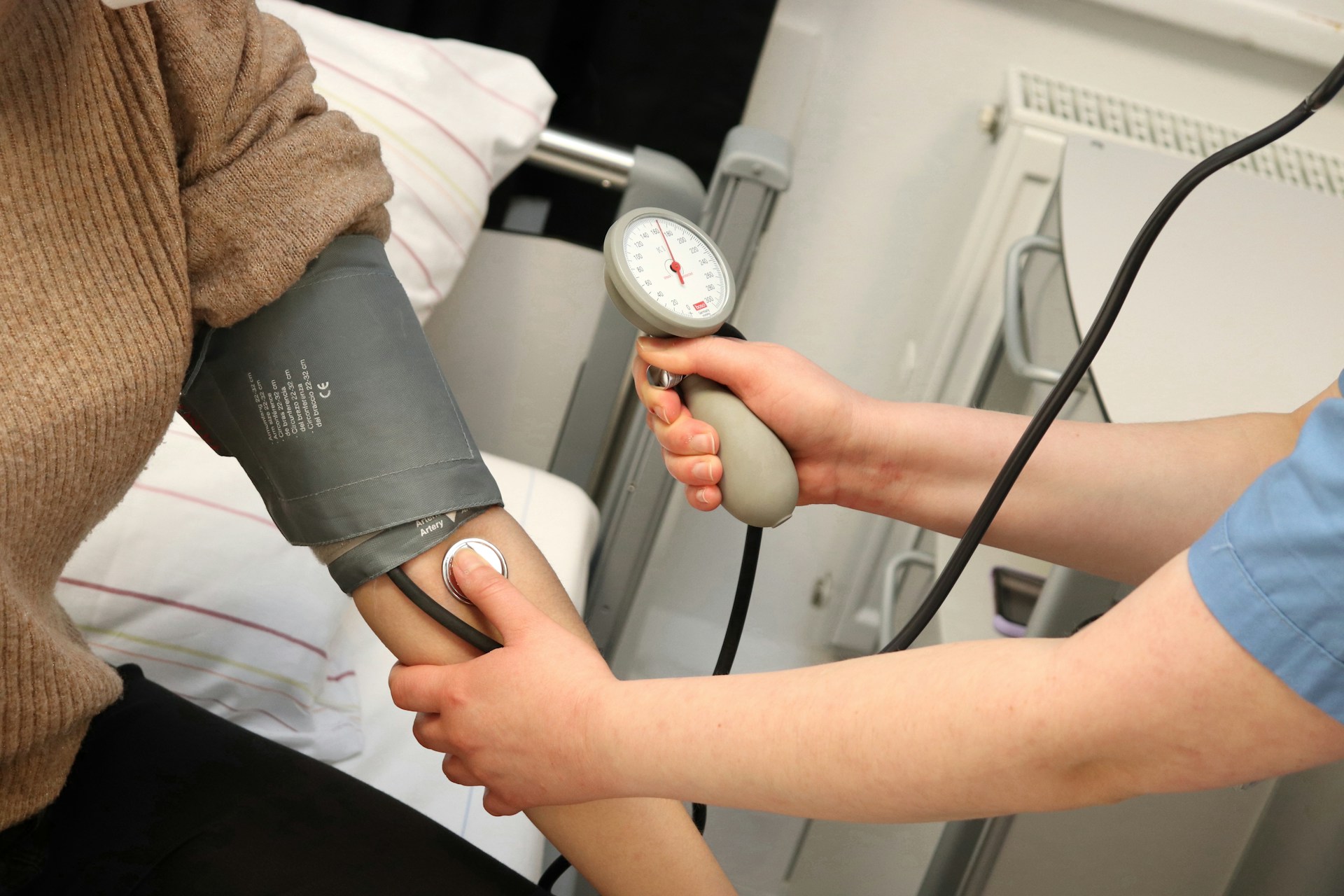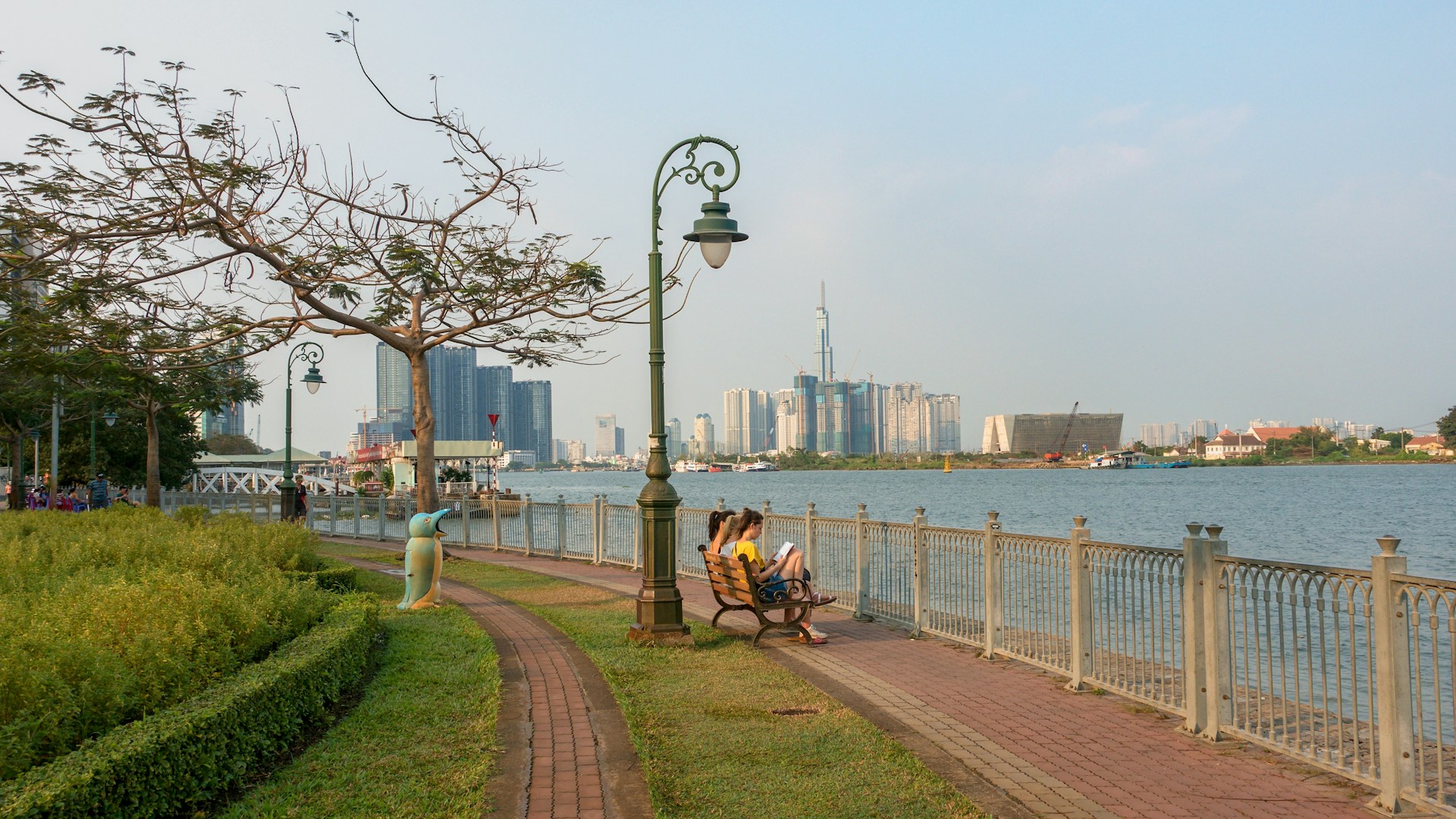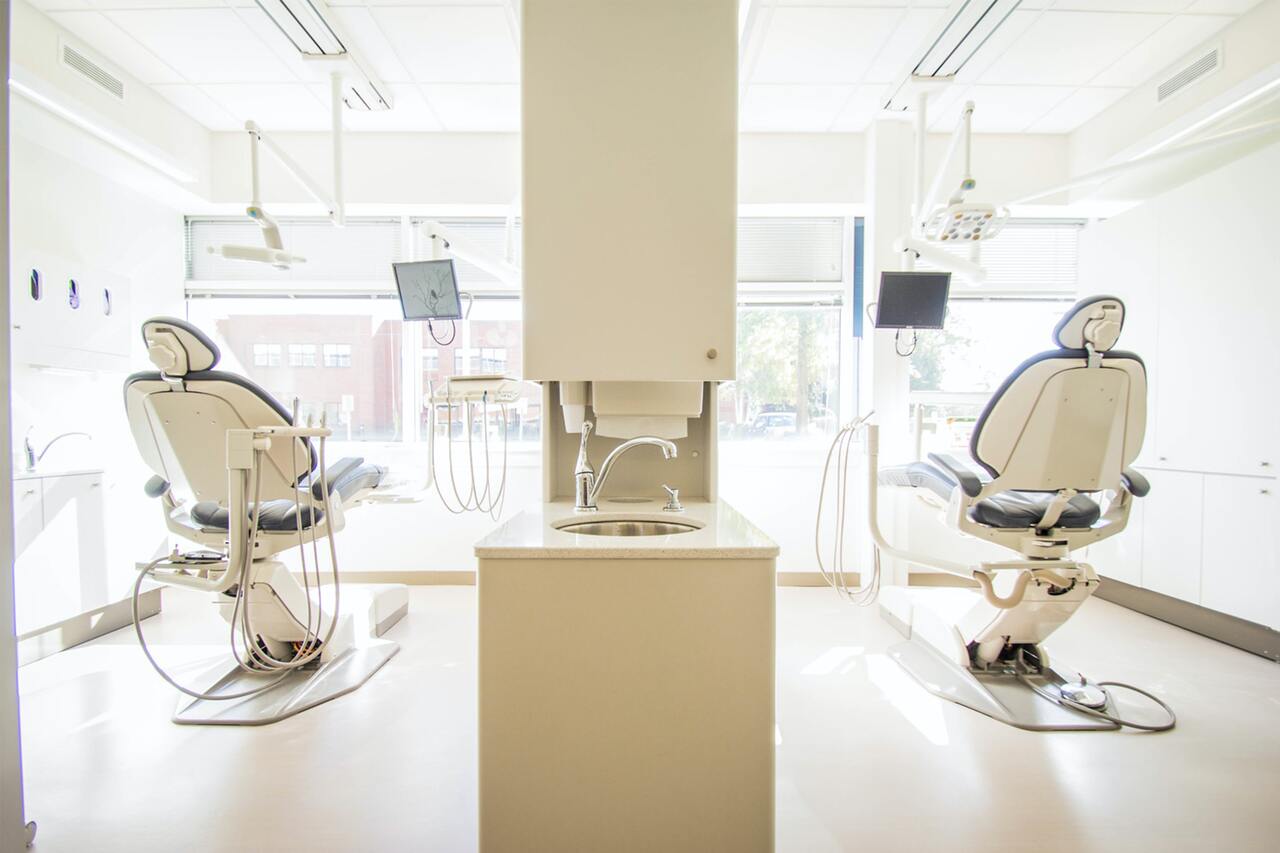
1510월2021
업계 리뷰
댓글: 댓글 없음.
베트남의 의료 한눈에 보기
2018년 국가의 GDP 대비 의료비 지출은 5.9%로 지역 내 다른 시장보다 높았지만 실제 가치는 비교적 낮았습니다.[1]. 1인당 의료비 지출은 2018년 US$150에서 2025년 US$260으로 1.7배 증가할 것으로 예상됩니다.[2].

성장에도 불구하고 병원 수용 능력 부족과 전문 인력 부족은 여전히 이 산업의 주요 과제입니다. 2020년 기준으로 10,000명당 병상은 28개였습니다. 2018년 베트남은 1,000명당 의사가 1명, 간호사가 1.3명에 불과합니다.[3]. 싱가포르와 비교했을 때 통계는 각각 2.4와 5.8입니다. 고령화 인구와 함께 의료 시스템의 과부하는 의료 시설에 더 많은 압력을 가하고 더 많은 건강 서비스 선택에 대한 수요를 증가시킬 것입니다.
코로나–19 발생과 속도–베트남의 텔레헬스 발전
스마트 헬스케어는 최근 몇 년 동안 베트남 헬스케어 개발의 핵심 주제 중 하나로, 제한된 자원을 활용했습니다. 디지털 헬스의 네 가지 주요 영역은 다음과 같습니다. (1) 헬스 정보 기술, (2) 원격 진료, (3) 소비자 헬스 전자 제품, (4) 헬스케어 빅 데이터 및 AI 기반 제품 및 서비스. 모두 초기 단계라고 할 수 있습니다.[3].
사회적 거리두기 기간이 연장된 COVID-19 발병 속에서 보건부(MOH)는 전국 1,500개 이상의 의료 시설을 연결하는 원격 의료 플랫폼을 시범 운영하여 원격 회의, 전자 의료 기록, 클라우드 기반 영상 보관 및 통신 시스템 등 다양한 스마트 의료 솔루션을 적용하여 중앙 병원에서 지방 및 군 병원에 전문적인 지원을 제공하고 있습니다. 또한 보건부는 2020년 4월부터 국립 라디오 방송국인 VOV와 협력하여 Bacsi24("Doctor24") 애플리케이션을 출시하여 팬데믹 기간 동안 무료 원격 의료 지원을 제공하고 있으며, 환자는 무료 화상 통화를 통해 의사와 상담할 수 있습니다.[4]. 한편, 많은 사립 병원도 B&Company의 조사에 따르면 1회 상담당 평균 10~20달러의 비용으로 원격진료 서비스를 도입했습니다.
스타트업 분야를 살펴보면, 베트남은 동남아시아에서 헬스테크 거래 수에서 점유율을 늘렸습니다. 싱가포르의 거래 수 점유율은 1위였지만, 인도네시아, 말레이시아, 베트남과 같은 다른 시장이 더 매력적이 되면서 감소하는 듯합니다. 그러나 베트남의 총 거래 가치는 2019년 기준으로 1조 4,700만 달러에 불과한 반면, 싱가포르와 인도네시아의 총 거래 가치는 각각 1조 4,800만 달러와 1조 2,000만 달러였습니다.[5]. 베트남에 본사를 둔 JioHealth(2014년 미국인 Raghu Rai가 설립)는 앱에서 주문형 의료 서비스를 제공하는 원격 의료 스타트업입니다. 이 기능을 통해 의사는 라이브 화상 통화를 통해 실시간으로 환자에게 원격으로 접근할 수 있습니다. 혈압계, 혈당계 또는 피트니스 밴드와 같은 무선 의료 기기와도 연결할 수 있습니다. JioHealth는 2019년 시리즈 A 펀딩 라운드에서 1조 4,500만 달러를 모금했습니다.[6]. 한편, 동남아시아에서 150만 명 이상의 사용자를 보유한 싱가포르 기반 스타트업 Doctor Anywhere는 2021년 이 지역에서 헬스테크 기업이 모금한 역대 최대 규모의 사적 펀딩 라운드 중 하나인 시리즈 C 펀딩 라운드에서 1조 4,6570만 달러를 확보했습니다.[7]. 베트남에서 이 회사는 유명 지역 병원 및 보험 회사와 강력한 생태계를 개발했습니다. 이는 싱가포르에서 기록된 대규모 가치 거래의 예이지만, 이 사업 모델은 디지털 플랫폼 덕분에 여러 시장에 적용될 수 있습니다.
기회와 도전
베트남 디지털 건강의 주요 동인 중 하나는 국가적 디지털 전환을 강조하는 정부의 방향입니다. 게다가 공공 및 민간 의료 시설 간의 경쟁이 증가하면 기술 혁신이 더욱 촉진될 것입니다. 마지막으로, 기술 도입을 선호하는 젊은 인구 구조와 더 저렴한 의료 서비스에 대한 수요가 증가하면 헬스테크 업체에게 잠재적 시장이 될 것입니다.
그러나 베트남은 여전히 원격진료에 대한 명확한 규제 프레임워크가 부족하며, 주로 승인된 원격진료 활동을 설명합니다. 사회 또는 민간 보험에서 원격진료에 대한 상환을 지원하는 규정은 없습니다. 게다가 농촌 지역의 미개발 인프라와 의료진과 환자의 행동 변화는 국가가 처리해야 할 두 가지 보류 문제입니다.
원천:
[1]https://data.worldbank.org/indicator/NY.GDP.MKTP.KD.ZG?locations=ID
[2]https://www.amchamvietnam.com/wp-content/uploads/2021/02/ENG-AmCham-Healthcare-Committee-Whitebook-25082020.pdf
[3]https://assets.kpmg/content/dam/kpmg/vn/pdf/publication/2021/digital-health-vietnam-2020-twopage.pdf
[4] http://hanoitimes.vn/vietnam-applies-telemedicine-platform-to-avoid-community-infection-311954.html
[5]http://www.healthtec.sg/wp-content/uploads/2020/08/2019-Healthtech-Investment-Trends-in-Asia_20-Jan-2020.pdf
[6] https://www.businesstimes.com.sg/garage/news/vietnam-based-startup-jio-health-raises-us5m-in-series-a-funding-round [7]https://doctoranywhere.vn/blogs/tin-tuc-noi-bat/doctor-anywhere-goi-von-thanh-cong-series-c-tri-gia-88-trieu-dola-sing
|
주식회사 비앤컴퍼니 2008년부터 베트남에서 시장 조사를 전문으로 하는 최초의 일본 기업입니다. 업계 보고서, 업계 인터뷰, 소비자 설문 조사, 비즈니스 매칭을 포함한 광범위한 서비스를 제공합니다. 또한, 최근 베트남에서 900,000개 이상의 기업에 대한 데이터베이스를 개발하여 파트너를 검색하고 시장을 분석하는 데 사용할 수 있습니다. 문의사항이 있으시면 언제든지 문의해주세요. info@b-company.jp + (84) 28 3910 3913 |
다른 기사를 읽어보세요
[/vc_column_text][/vc_column][/vc_row]









